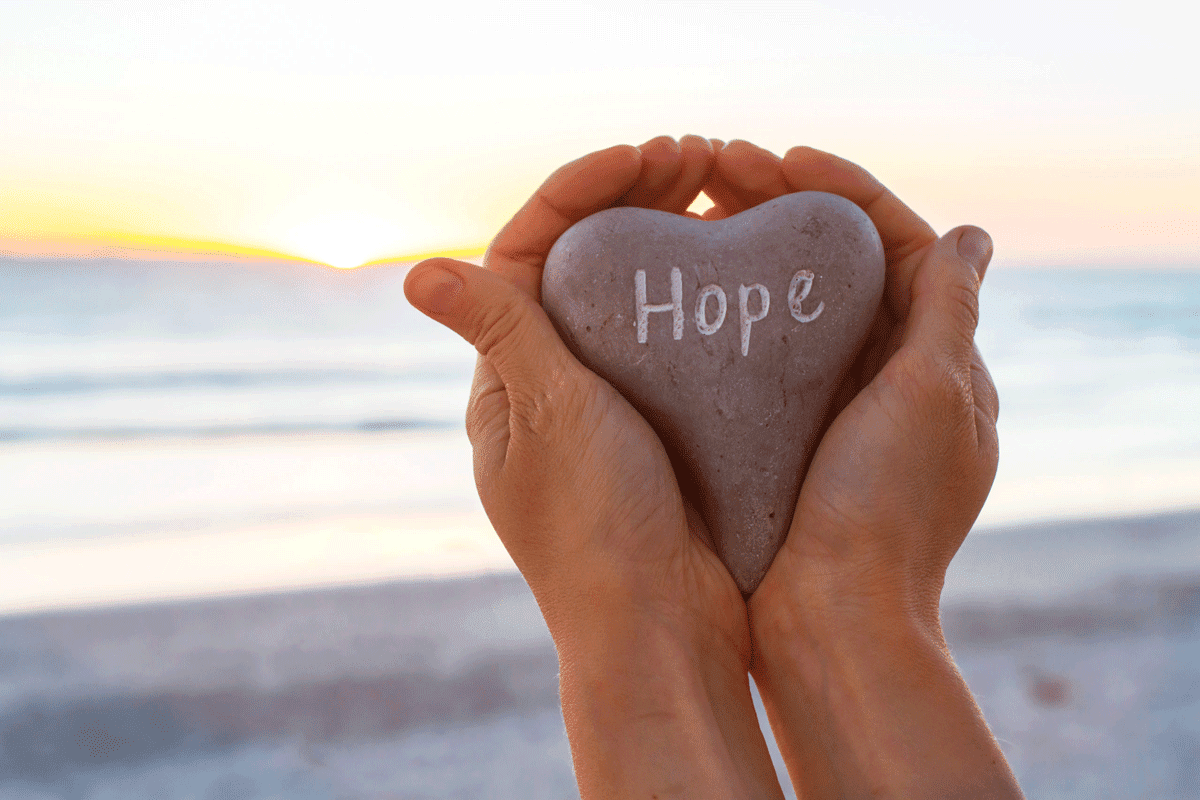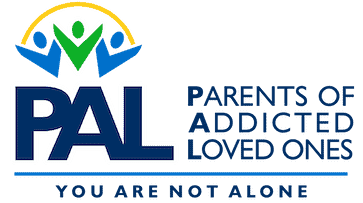
Last August, I bottomed out.
I was desperately looking for help in coping with my 23-year-old daughter’s heroin addiction. She violated her bail (which I posted), continued to use (while in my home), was sent to county jail where she went through withdrawal and now is awaiting sentencing on the felony charge of drug delivery which caused the death of one of her friends. She and her friend both took the drugs which were laced with fentanyl – he died while she lived.
My daughter, the oldest of two children, started with marijuana around age 15 and moved to pills, amphetamines, opioids and then heroin over a number of years. As a youngster, she showed remarkable talent with art and music, securing first chair in the clarinet section of band, and enjoyed sports, particularly soccer. One night she went to the movies with a couple of friends and came home, acting giddy, slurring words, and stumbling upstairs. I thought she was drunk; but I now know she was high for the first time at age 15.
Then the downward spiral began: possession of a weapon and a ‘grinder’; possession of drug paraphernalia and loitering; serious car wreck where EMTs found heroin baggies; and ultimately, charged with her friend’s death. As I look back with significantly greater clarity (thanks to PAL), there were many warning signs: coming and going from home at odd hours; missing spoons from my kitchen, weight loss; little rubber bands and baggies (I was told these were used to store her jewelry AND I initially believed it), the combative arguments which were verbally and emotionally abusive, shattered glass in the patio door, holes in the wall from punching, cigarette burns in the carpet, thrown dishes and plates during arguments, refusal to be drug tested, several trips to the emergency room for withdrawal … sadly there were many more incidents. Yet I kept thinking she would change. All she needed was more space, more money, more support, and more love.
Addiction was not new to me as I grew up with alcoholism among grandfathers and uncles. I too have addictive tendencies in that I have recovered from anorexia and excessive exercising in my teens. My ex-husband became addicted to narcotics while treating a significant back injury more than 20 years ago, although he has since recovered. So, addiction was not new – but how to truly help and not contribute to the addiction was new. I had hit bottom and felt hopeless, discouraged, exhausted, and overwhelmed – I knew I needed help. And then while searching the internet for support groups, I found PAL. I see PAL as a gift from God to me when I was in my darkest place.
In reading about PAL, I was reassured by the faith-based approach which aligns with my values, so I emailed a local group. The facilitator promptly responded with a warm invitation to the next meeting. I almost cried as we read the preamble – confidentiality, non-judgmental, educational topics, and JOY. I desperately wanted to experience joy again. These concepts were exactly what I was seeking.
The Caretaker Negative Cycle in the lesson entitled “Helping: Unhealthy vs. Healthy” accurately described my out-of-control relationship with my daughter. I felt fully responsible for her, wanting to fix things for her and focusing on the circumstances. During this lesson, it became evident to me that my life was quickly and repeatedly going through this cycle, and in order for it to stop I needed to change and accept that my daughter must make the change for herself. I can’t do it for her.
The enabling lesson was most impactful in identifying how I was contributing to her addiction – the things I thought I was doing to “help” were making it easier for her addiction. I was treating her like the 15-year-old I saw. With PAL’s help, I now strive to treat her as the adult she is and to not be pulled into her drama.
My facilitators promoted a safe place where I could embrace the educational aspects and encouraged me to read books like Smoke and Mirrors and Setting Boundaries with Your Adult Children. They planted seeds of hope. Romans 5:3-5 describes how suffering produces perseverance; perseverance, character; and character, hope. The story is not over yet and but PAL and its facilitators have inspired hope in me.
A PAL mom
